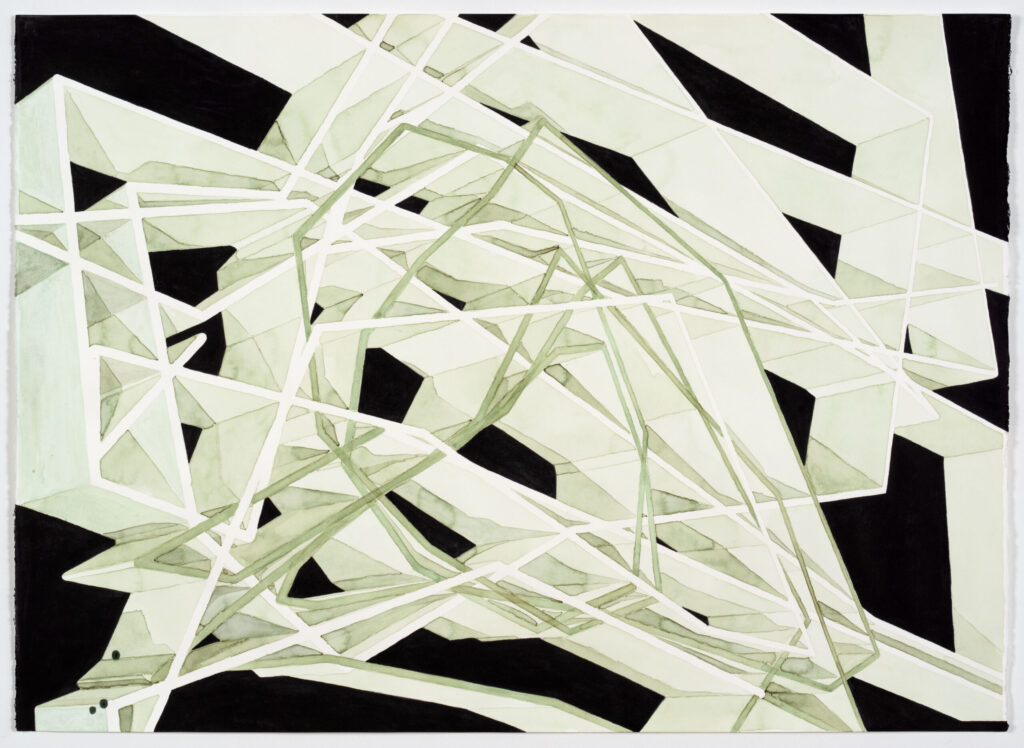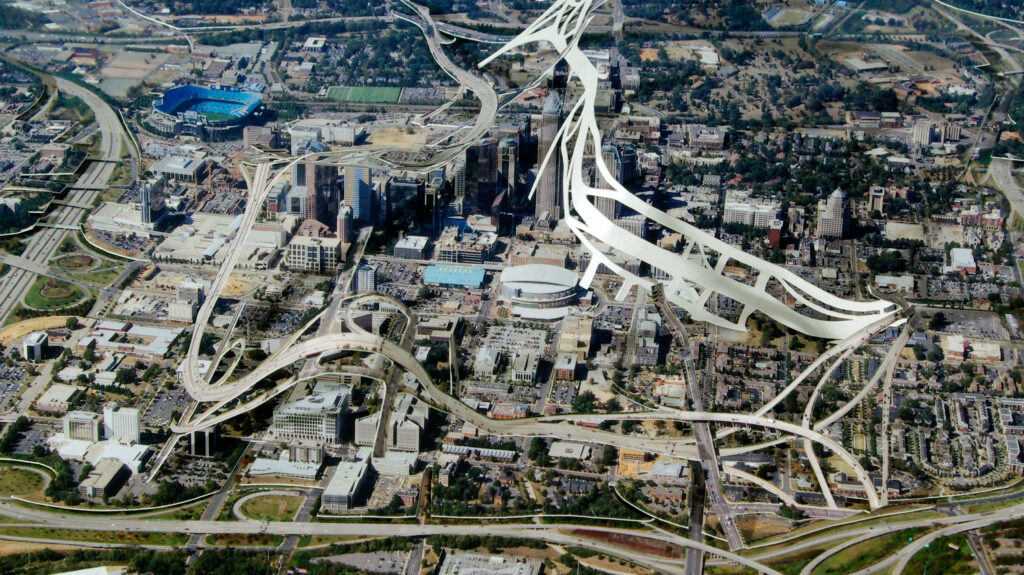“The beauty of working with plants is their unpredictability.” Rob Carter
The process of urbanization and our evolving understanding of plants are the main topics that shape the new exhibition Rob Carter: Cultured Lands at the Schuylkill Center. The exhibition features work by environmental artist Rob Carter, who uses historical, scientific, and experiential research to explore the relationship between humanity and nature.
The exhibition features a selection of Carter’s creative experiments that challenge us to envision a future for our lands in which humanity and nature can sustainably coexist. Developed in partnership with the West Collection at SEI, a major contemporary art collection in our region, Carter’s solo exhibition will open this Thursday, April 15 with a virtual opening reception and artist talk. During the reception, Carter will share his fascination for botany, urban development, and how they shape our shared environment. He will discuss his current research into the history and future of landscapes with Tina Plokarz, the Schuylkill Center’s Director of Environmental Art, and Lee Stoetzel, manager of the West Collection.
“The way humans relate to plant life is fascinating,” says Carter in a recent interview. “I am interested in how we perceive and use it, and how plants, in turn, use us. Our relationship to the natural world, and plants specifically, is an environmental conundrum in terms of climate change and our complicated history.” Plants have recently become his “favorite characters,” he admits, explaining, “the beauty of working with plants is their unpredictability, making them seem almost human in their unique movement and grace.”

Cultured Lands features Carter’s work Plant Writing (2020), an artistic experiment with highly processed soy beans, the most valuable US agricultural export. With ink drawings and a time-lapse video, the artist documents the growth and movement of organic and genetically modified soybean plants over the course of several days. He captures both the action of the artist/scientist and the motion of the plants. A process that is quite methodical, but also “as free and instinctual as possible,” as Carter describes his art-making.
Presented side-by-side with traces of Philadelphia’s colonization history in the gallery, the exhibition is a reminder of the transformation of soil into profitable farmland. The aim of growing ever more productive crops to meet the needs and wants of humanity continues to shape agriculture today. But if humanity is dependent on crops, the artist speculates, how can humans nurture an insightful and empathetic relationship to the natural environment?

Cultured Lands is also an invitation for dialogue about the transformation of undeveloped land into concreted, industrial metropolises. It features the paper-based stop-motion animation Metropolis (2008), an abridged narrative history of the city of Charlotte, North Carolina, spanning the time period from 1755 to the present, and from a Native American trading path through farming and the discovery of gold to today’s modern city. Part American history lesson, part utopian avant-garde à la Fritz Lang, Metropolis builds a bridge from the urban development dreams of the past to today’s recognition of irreversible human-made influences in the era of the Anthropocene.
Equally characters and props in our social drama plants and architecture are the lenses through which Carter unravels humanity’s responsibility as a global, Earth-changing force. Carter points to the uncertainties in our knowledge of the natural world and considers how our understanding and relationship to nature might evolve into the future.
The Schuylkill Center looks forward to seeing you in the art gallery. The exhibition is open from April 15 to June 5, 2021 with a virtual reception on Thursday, April 15, 2021 at 7pm. Please register for the opening here.
The Schuylkill Center’s Visitor Center is open, as is the art gallery, but please remember that masks and 6-feet social distancing are required. We also welcome your comments and thoughts in our digital guestbook at www.schuylkillcenter.org/art.
See you online or in the gallery.
—Tina Plokarz, Director of Environmental Art
